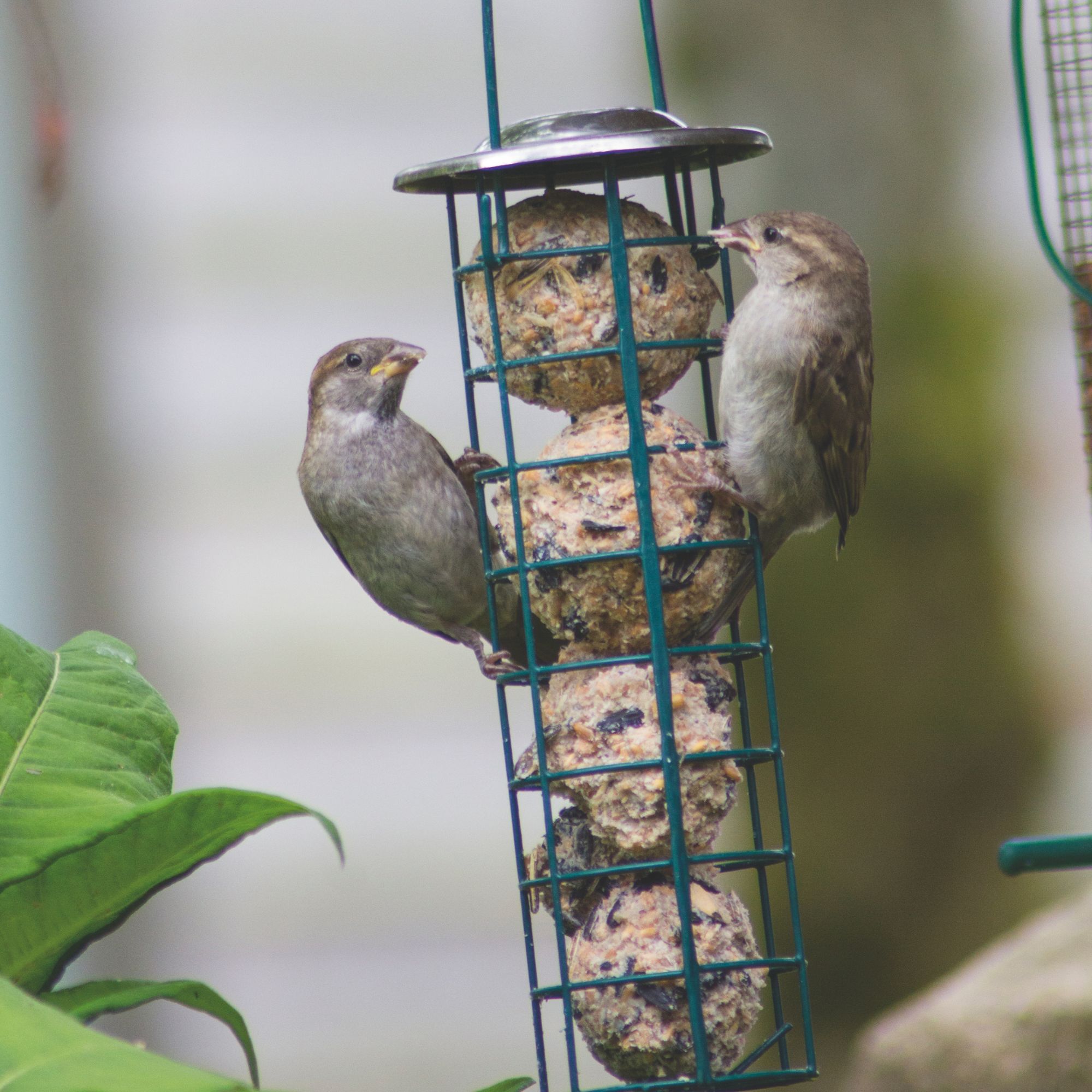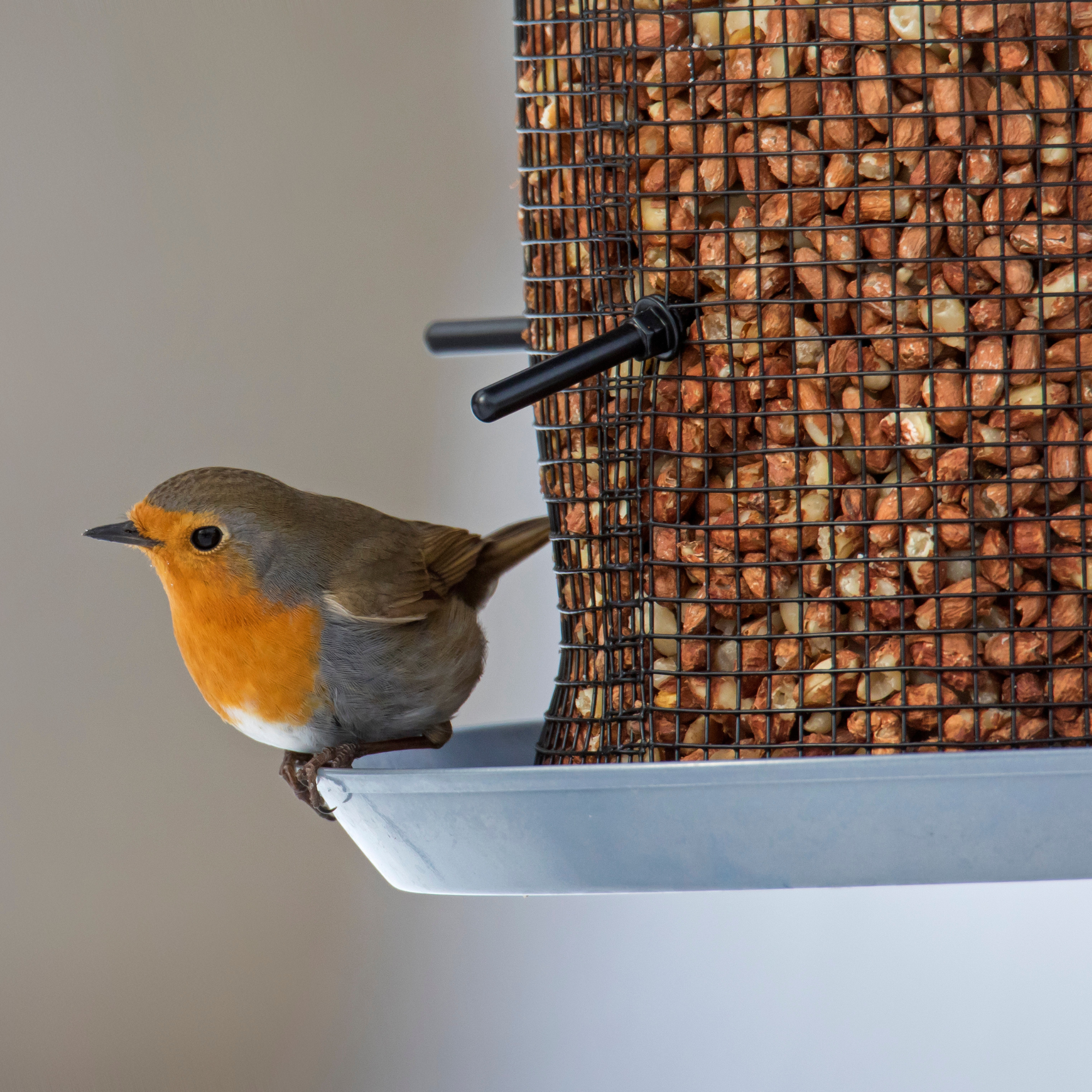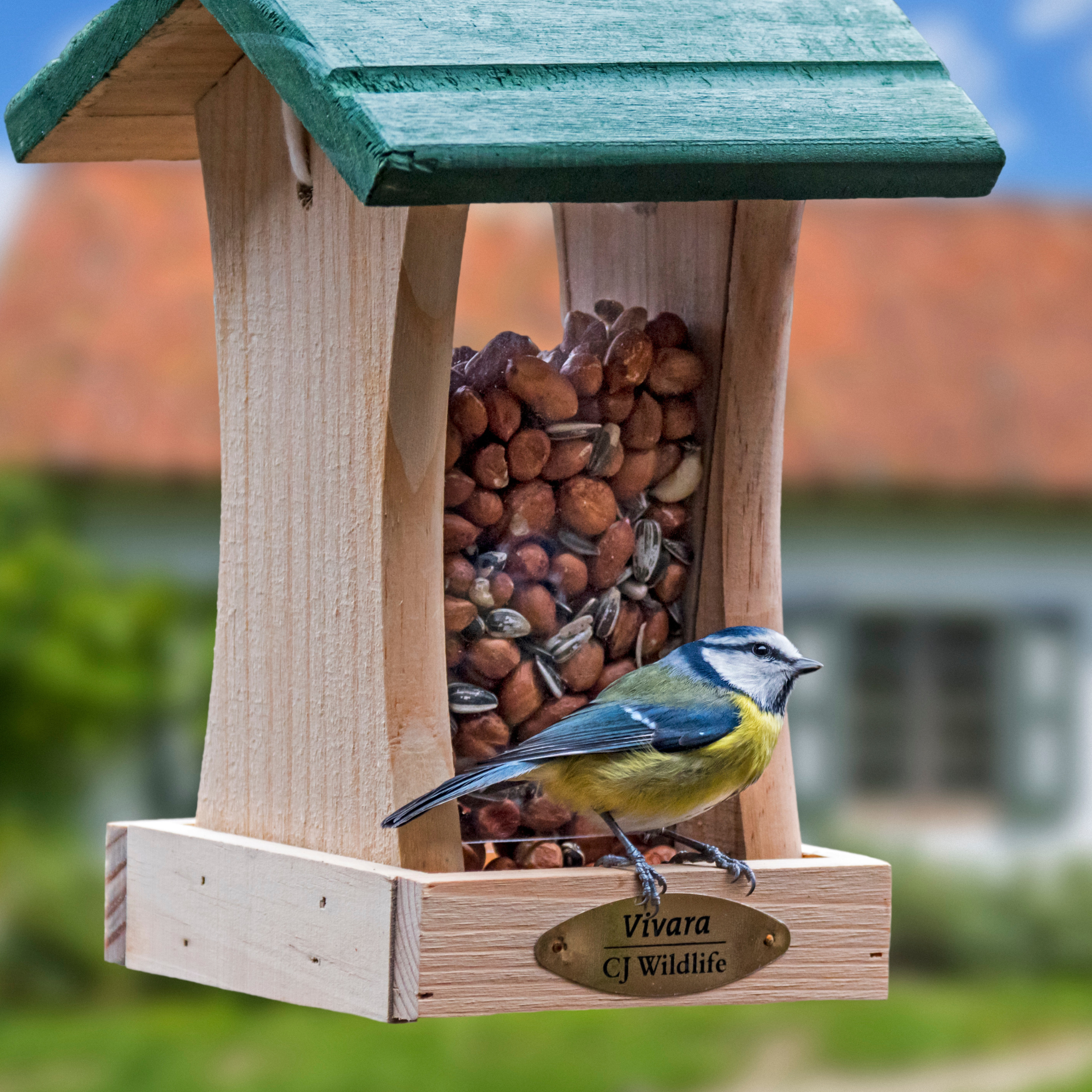
When laying food out for the birds that visit your garden, more often than not, other visitors turn up too, including the less welcome rats - but garden experts have revealed this surprising shrub can come in handy when it comes to keeping rats off your bird feeder.
Eucalyptus may be known for its spa-like qualities, but you may not know that rats can’t stand it, making eucalyptus a successful deterrent for protecting your bird feeder from rats.
While a flourishing wildlife garden is a joy for many, rats aren’t exactly guests we want to invite. Instead, hanging or spraying eucalyptus near your bird feeder - you shouldn’t spray it directly on your feeder - will get rid of rats and keep your feeder safe.

How to use eucalyptus to keep rats off your bird feeder:
Rats, like most rodents, have a very sensitive sense of smell and hate the smell of eucalyptus.
‘Rats have an extremely sensitive sense of smell and eucalyptus oil has a strong, camphor-like scent thanks to its main compound, eucalyptol,’ explains John Stewart, technical training manager at Pest-Stop.
‘This powerful aroma is unpleasant and overwhelming to rodents, making them less likely to approach areas treated with it.’

You can use eucalyptus as an essential oil, mixed with water to deter rats, or if your feeder is hanging in a tree, you can tie cuttings of eucalyptus nearby.
‘Spray eucalyptus oil (diluted with water) around the feeder base, pole, or surrounding area and place eucalyptus clippings or leaves near the feeder, especially on the ground or in nearby planters,’ says Iliyan Andreev, pest control specialist at Fantastic Services.
‘Then, soak cotton balls in eucalyptus oil and place them strategically (in areas birds can’t reach or won't touch). The scent works as a deterrent rather than a poison or trap, so it needs to be applied consistently.’
John says oil is more effective detterent than clippings as the smell is stronger, however, it is important you don’t spray directly on the feeder or where the birds will perch.
‘When used correctly, eucalyptus oil poses no harm to birds. However, it’s important to ensure the oil is not applied where birds may directly perch or feed, as strong essential oils can sometimes irritate their respiratory systems,’ he says.
Eucalyptus can be grown in your garden. Why not plant the shrub near your feeder so the scent keeps rats at bay.
Mix eucalyptus essential oil with water and add to a spray bottle. Spray round the base of your feeder pole to put rats off from climbing it.
Many rat repellents have eucalyptus essential oil as part of their ingredients. You can soak this in cotton balls or create a diluted spray to keep rats away.
How often should you use eucalyptus in your garden?
'Reapply eucalyptus every three to five days or sooner after rain or heavy dew and replace weekly or when the leaves dry out and lose their scent. Consistency is key — once the smell fades, rats will return,’ says Iliyan.

Eucalyptus is natural and biodegradable, which means the scent doesn’t linger and will need to be replied often. If rats are a persistent problem in your garden, it is worth speaking to a professional pest control company who will be able to advise further.
Eucalyptus is also a pet-poisonous plant as it is undigestible for cats and dogs, so this method is best avoided if you have furry friends at home.
To emphasise, you should not spray eucalyptus directly on your feed. It’s not harmful for birds on the whole, but the concentrated nature of essential oils means it can irritate their skin and respiratory system is they come into contact with it. We’d recommend using clippings nearby or spraying the base of your feeder pole for best results.
Is this a method you will be trying?







